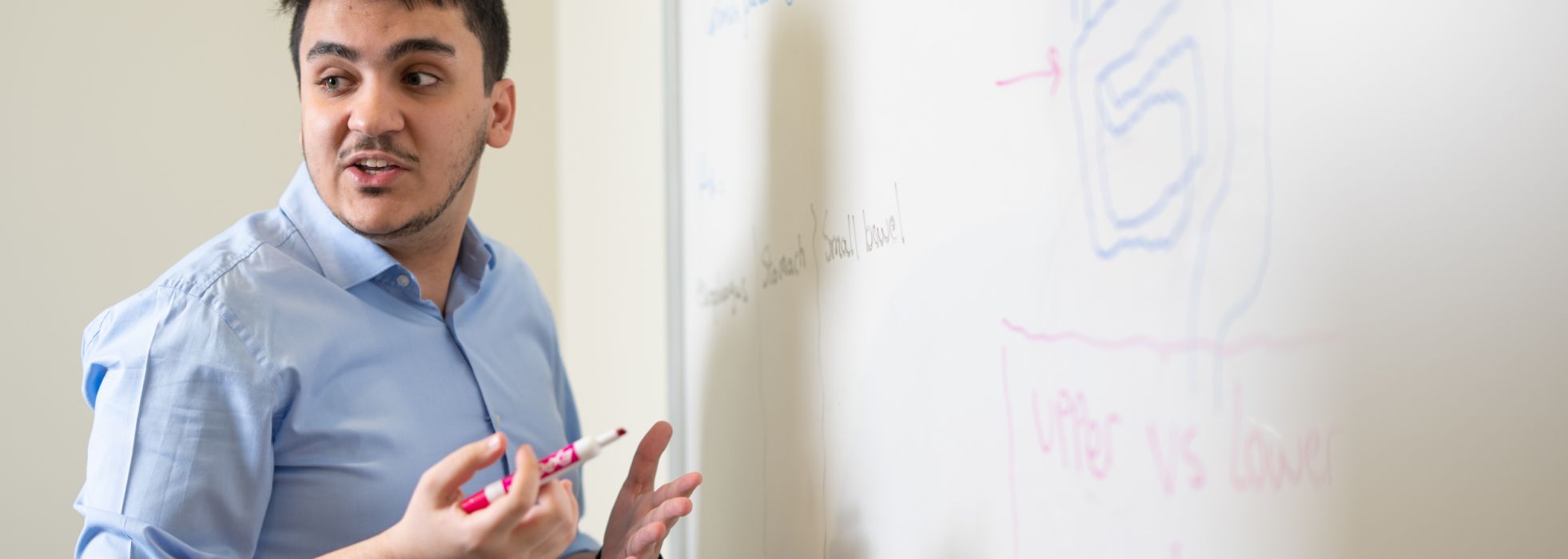Training Future Physician-Educators
The Education Academy for Clinical Housestaff (TEACH) Pathway fosters the careers of future physician-educators, or those who otherwise wish to include medical education as an integral part of their professional lives.
Program Structure
- Goals
The TEACH Pathway provides the rigorous skill development you need for successful teaching, research, and scholarship in medical education.
These skills are transferable across the continuum of medical education and benefit anyone who wishes to work with medical students, postgraduate trainees, and/or practicing physicians.
- Curriculum
- Participate in five or more educational sessions focused on topics such as:
- Theories in adult education
- Education research methods
- Inclusive teaching practice
- Participate in the quarterly Medical Education Journal Club:
- Attend at least five journal club sessions
- Select and present one article
- Develop your Teaching Philosophy
- Observe your peer’s teaching and get feedback from your peers and near peers on your teaching
- Participate in five or more educational sessions focused on topics such as:
- Scholarly Activity
You'll complete a capstone project to springboard your academic career. TEACH capstone projects can result in national presentations and provide a foundation for a publication in a top-tier medical education journal!
TEACH residents have created enduring educational programming for medical students and residents. Examples include our POCUS curriculum and Health Equity Pathway.
Residents are encouraged to apply for DOM Medical Education Innovation Grants to provide financial support for their projects as needed.
Project Spotlight
Health Equity Pathway
Dr. Victoria Gillet said she was motivated to create the Health Equity Pathway because, "Learning about the factors that impede health equity can be really draining and emotionally difficult without the flipside of giving people the tools to make a change and feel empowered."
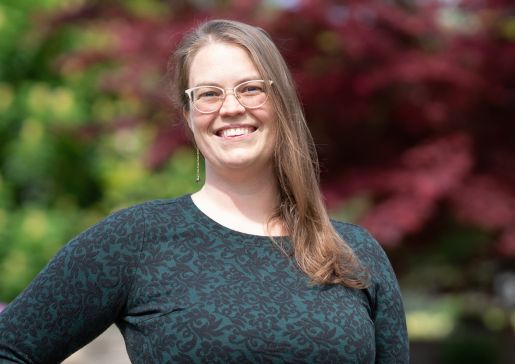
Project Spotlight
Piloting an IMG Curriculum
To help new international medical graduates (IMGs) with their transition to life and medical education in the United States, Dr. Mazen Almasry created an orientation curriculum that has since expanded to include residents from the UW Departments of Anesthesiology and Neurology.
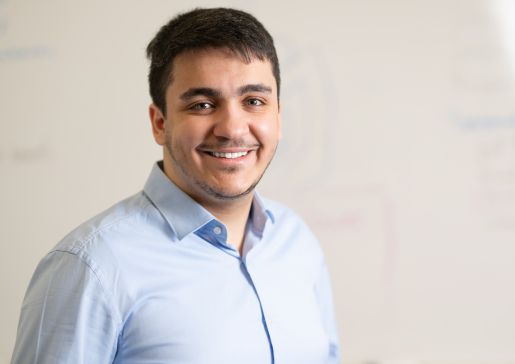
Program Leadership and Administration
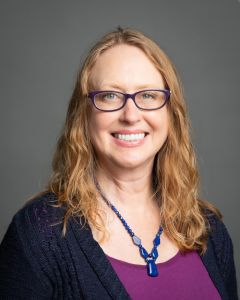
Pathway Director
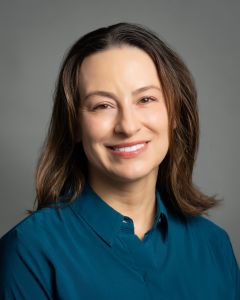
Pathway Assistant Director
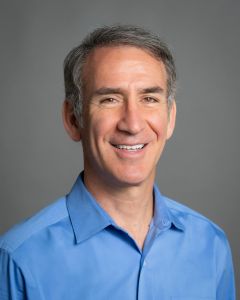
Pathway Assistant Director
How to Participate
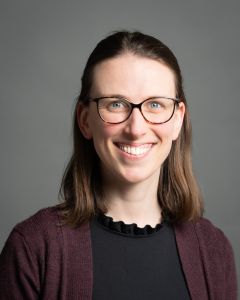
Program Coordinator
Contact Abby to learn more about the TEACH Pathway.
